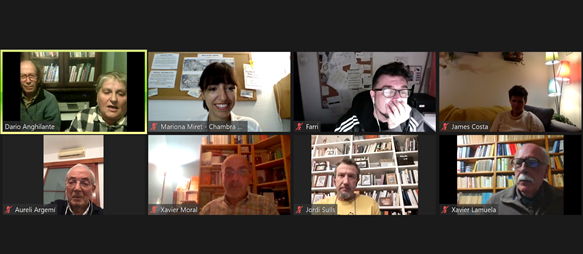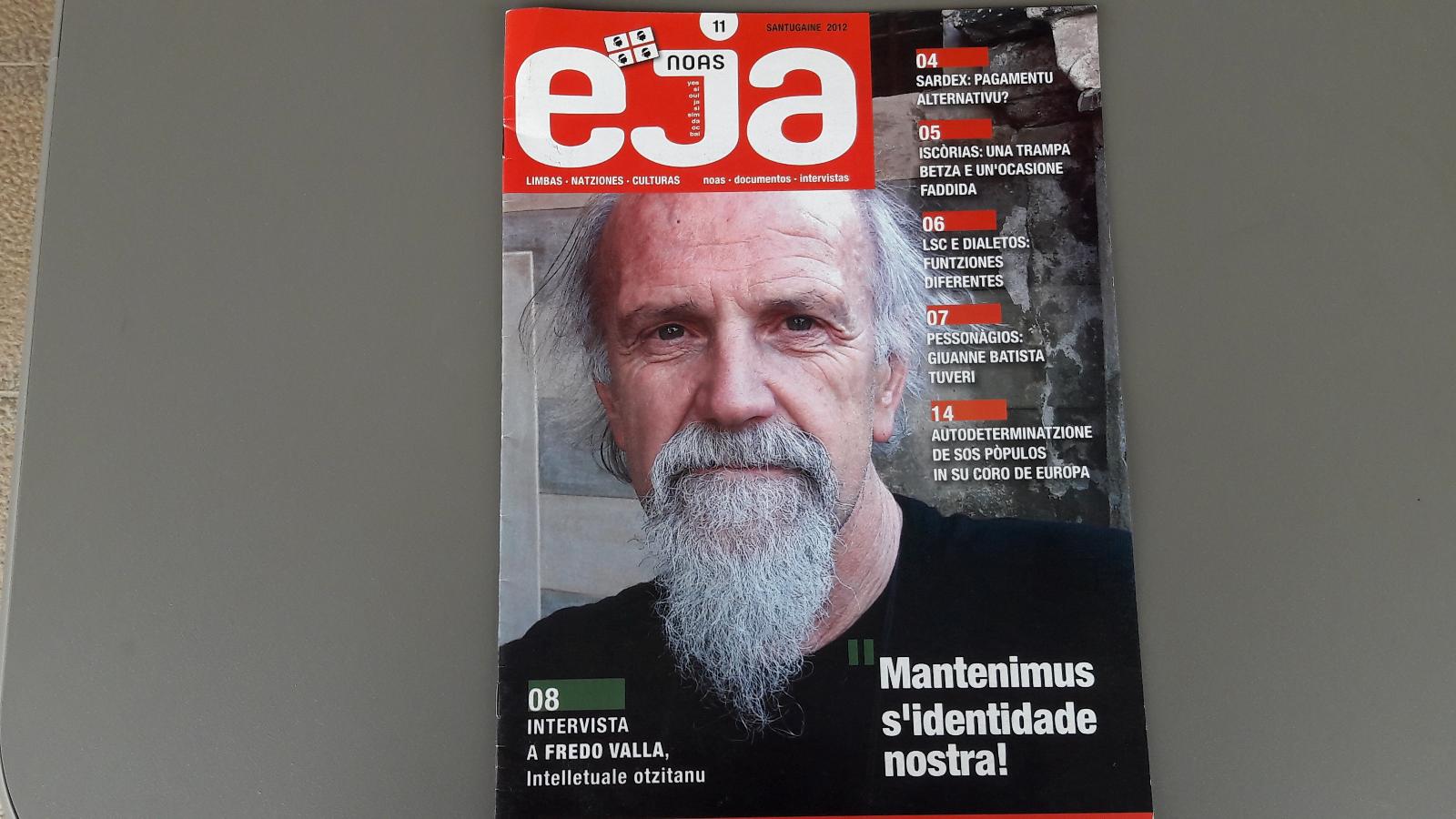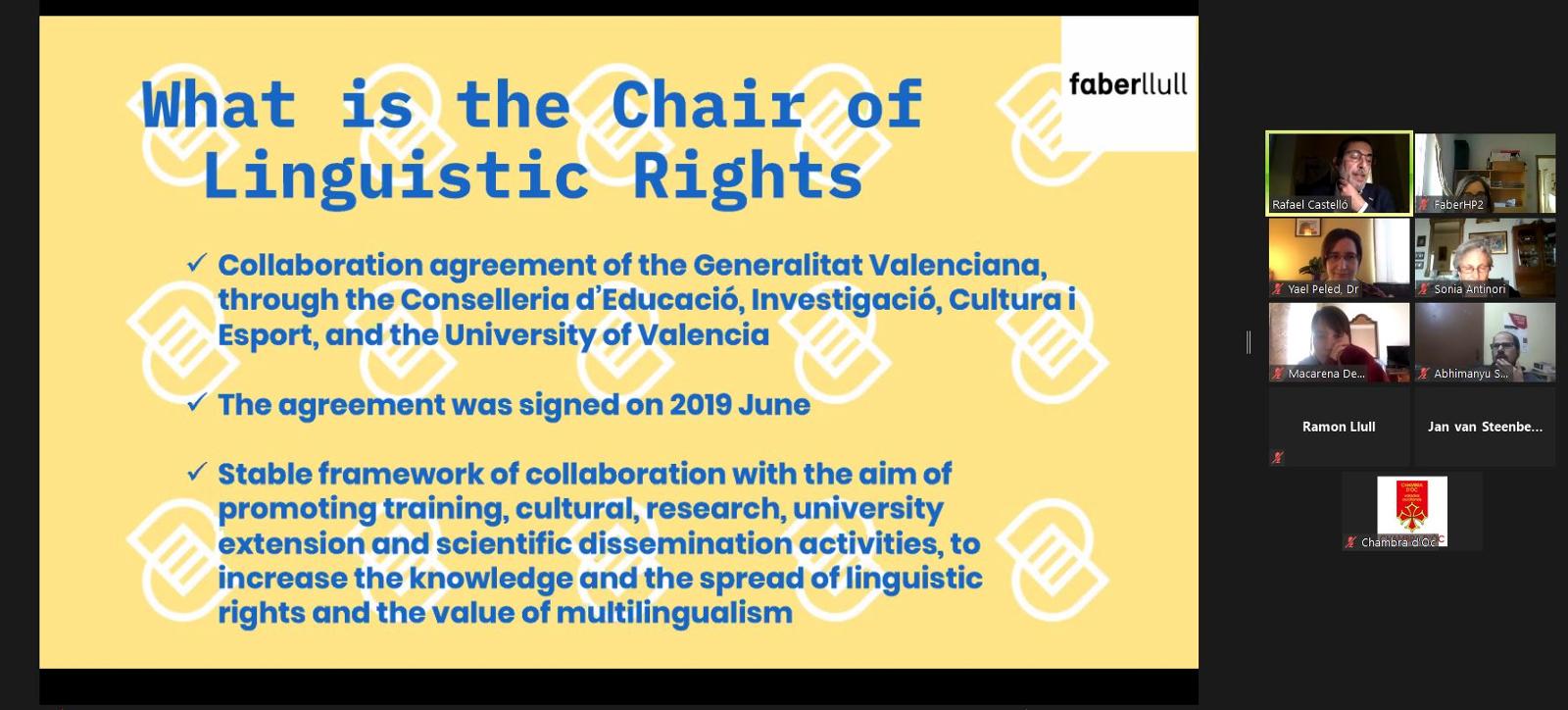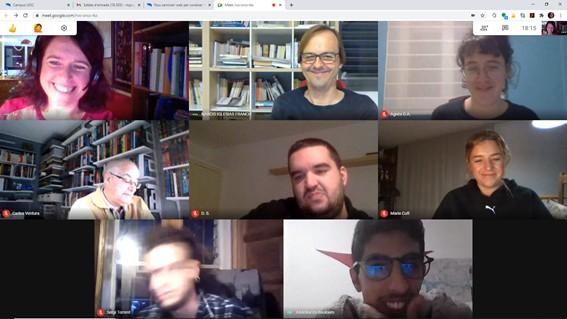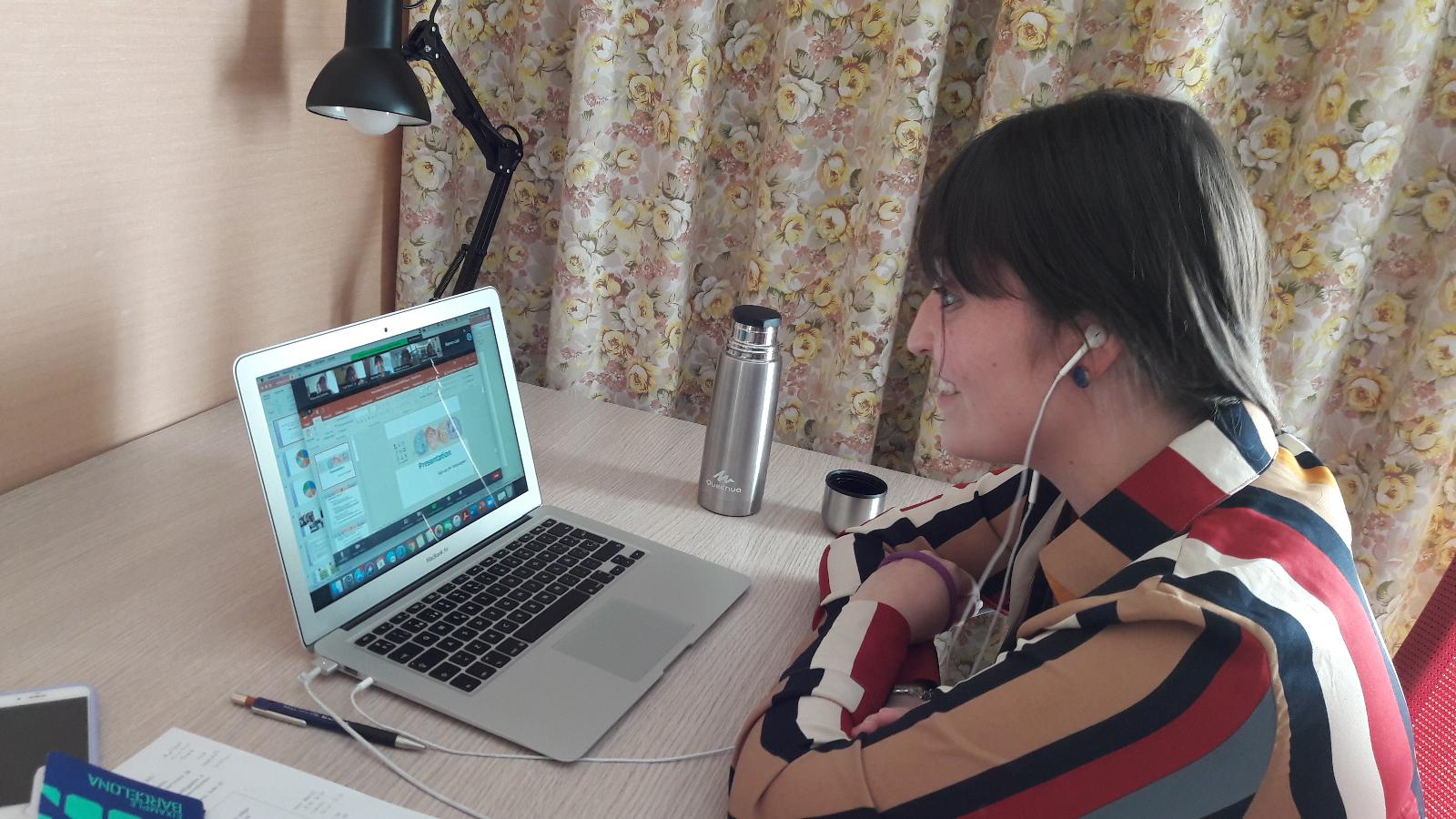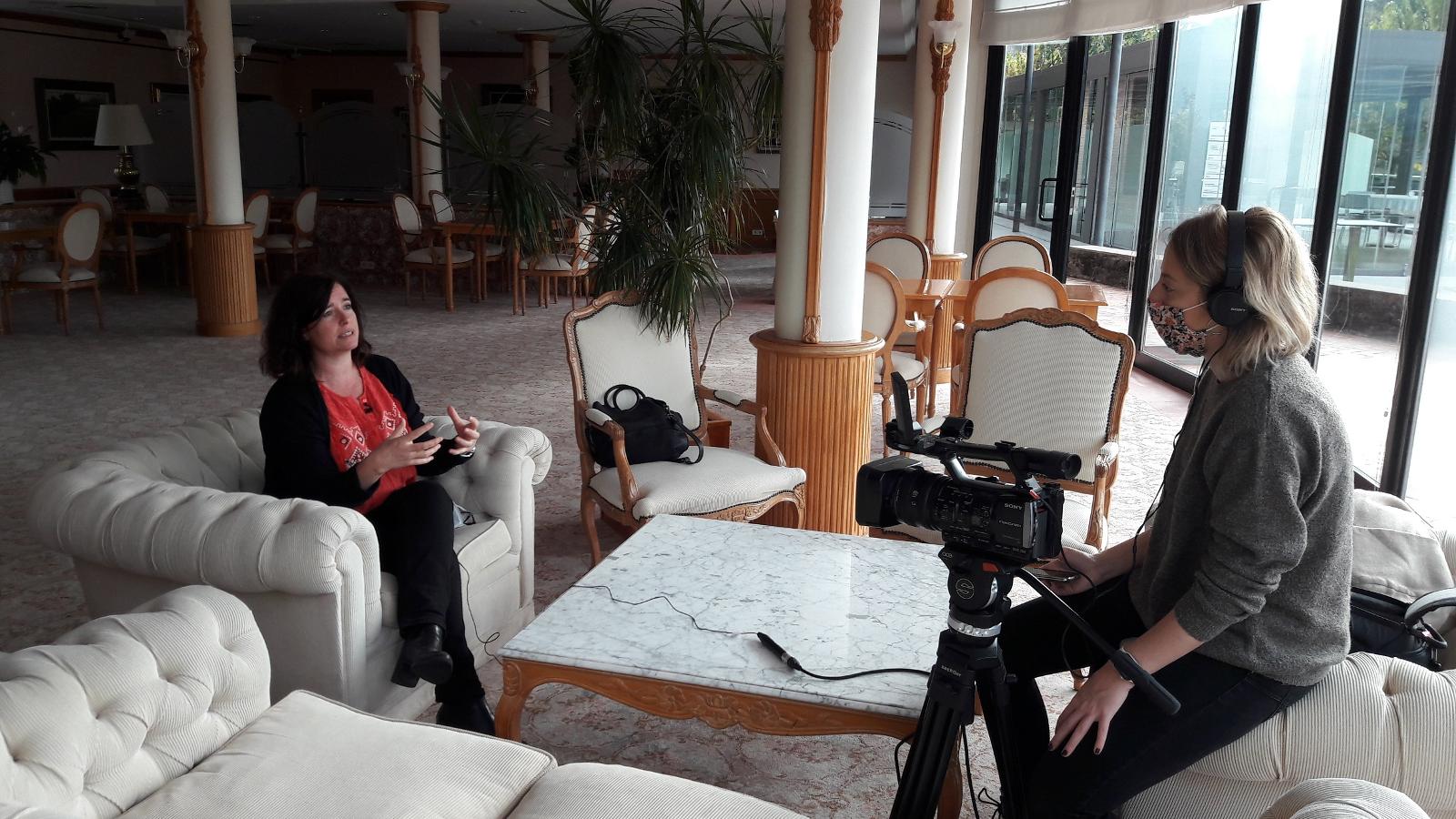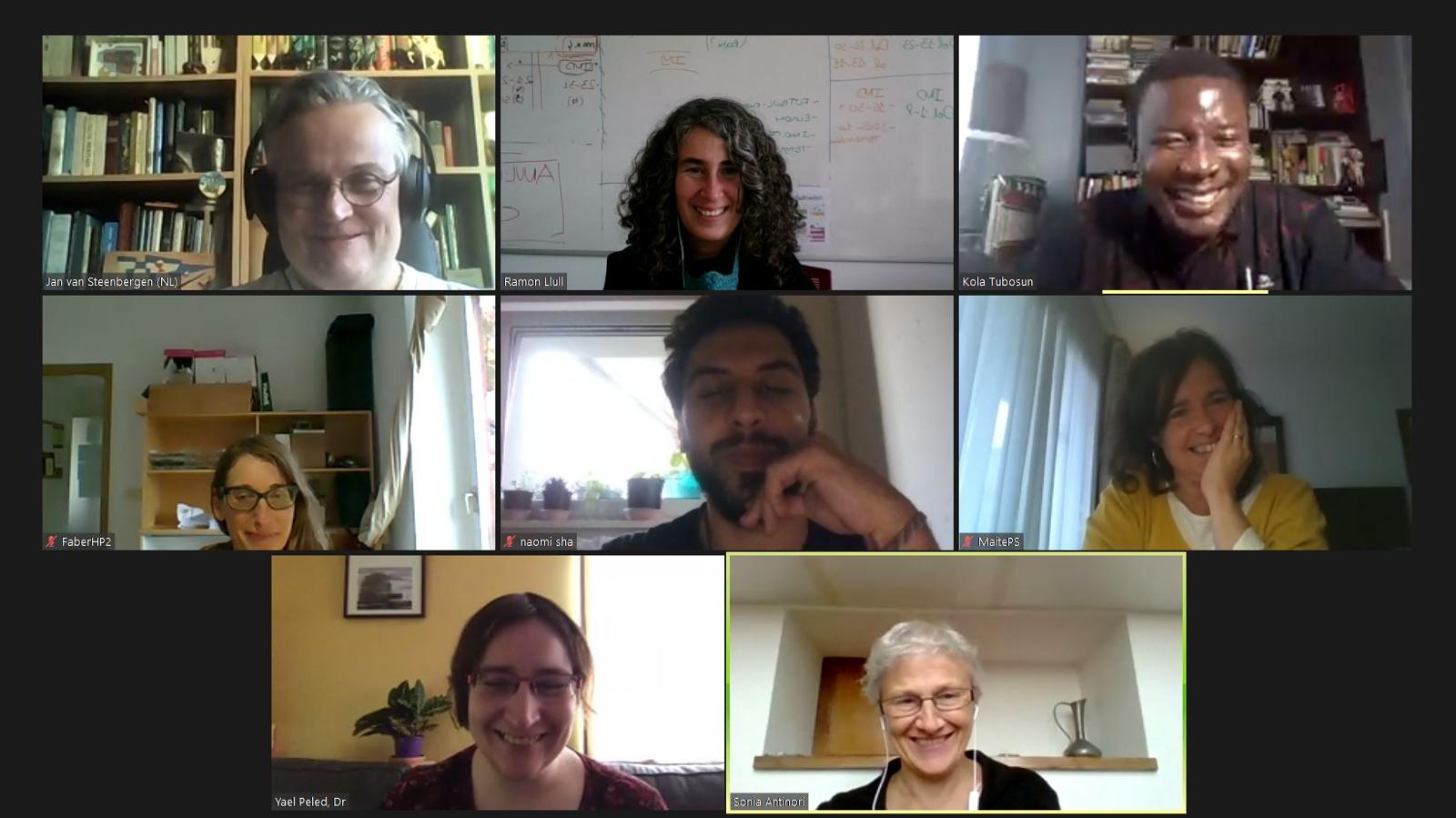Collective residencies / Olot
LINGUISTIC RIGHTS
From Monday, 26 October 2020 to Friday, 13 November 2020

Linguistic diversity
Linguistic rights are a basic human right, on an individual and collective level. Rights that affect our options for personal, social, economic and cultural development. The linguistic diversity we experience, and share time and space with, has marked the history of humanity. As has the loss of this diversity, the lack of these rights. Linguistic diversity helps us understand how we look at the world and the other people and societies who share it with us. Languages forge identities, bonds of growth and translations that are vehicles for various paths of creation and contribution. Today, the world is estimated to have between 5,000 and 6,000 languages. This cultural biodiversity is just as endangered as our biological biodiversity, as are other forms of cultural expression.
At Faberllull, we pose questions such as: Is there enough consideration in the world for the human and civil rights associated with the individual and collective right to choose the language or languages we wish to communicate in? Is forced cultural homogenisation rebuffed? What defines the concept of a territory’s own language? Is there sufficient recognition of individual linguistic rights (right to be recognised as a member of a linguistic community, right to public and private use of a language, etc.) and collective linguistic rights (right to cultural services, right to fair presence of the language and culture in the media, etc.)?
At Faberllull, we want to reflect on the value of linguistic diversity and to do with everyone who has a project on linguistic rights. So, we’re launching a call for activists who defend cultural and linguistic diversity, revitalisation and critical anthropology agents, linguists and anthropologists, researchers working in this field. The projects must follow the lines of work and thought described above.
Residents
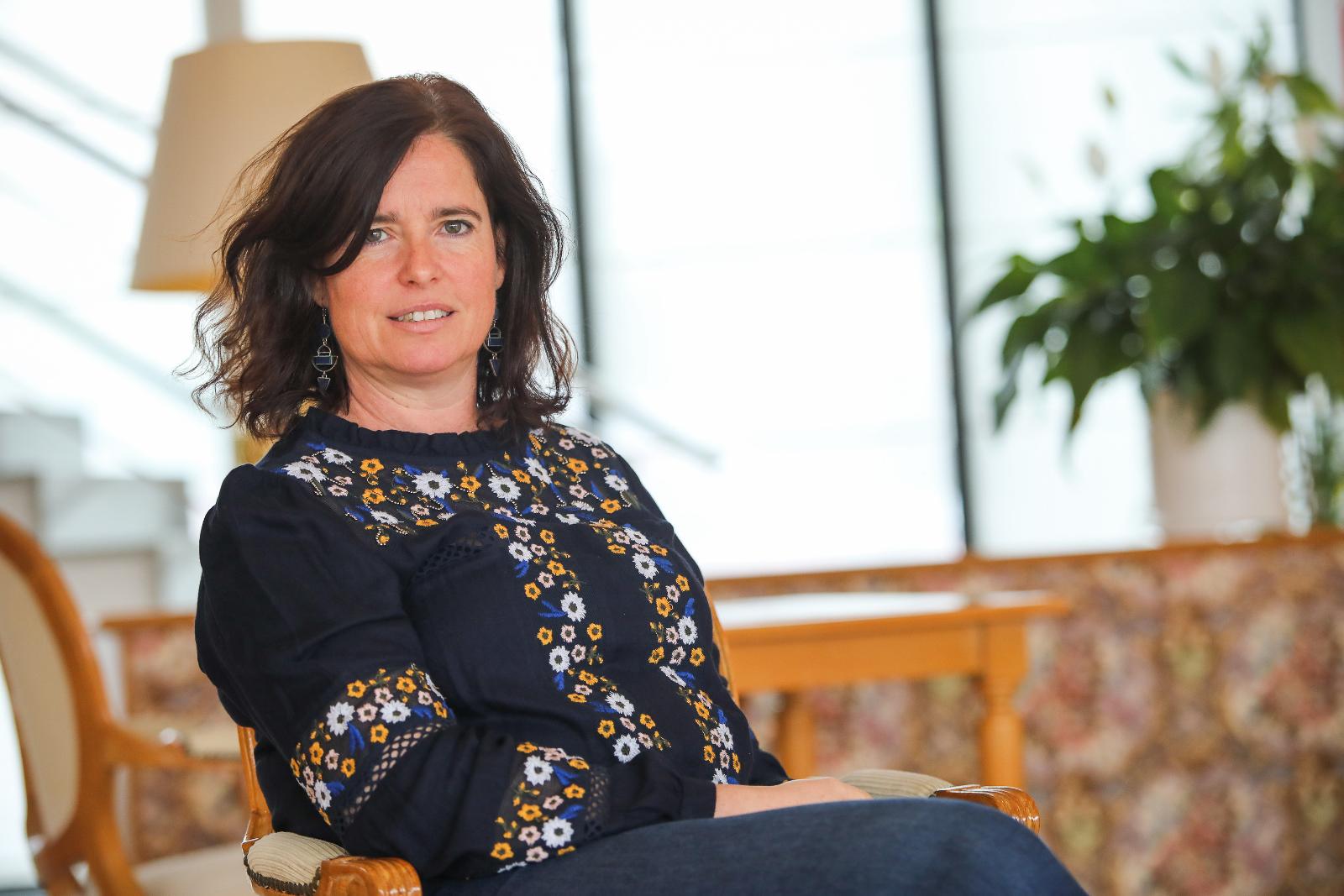
MAITE PUIGDEVALL SERRALVO
Sociolinguist, Senior Lecturer at UOC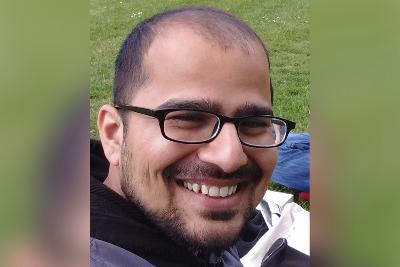
ABHIMANYU SHARMA (ON LINE)
Assistant Professor, JNU, New Delhi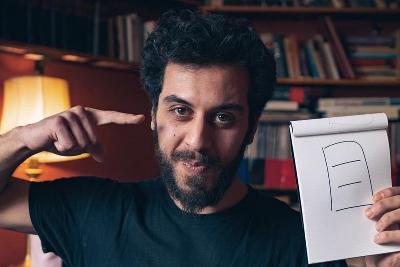
AMMAR OBEID (ON LINE)
Cineasta i investigador entre la llengua i la cultura japonesa i àrab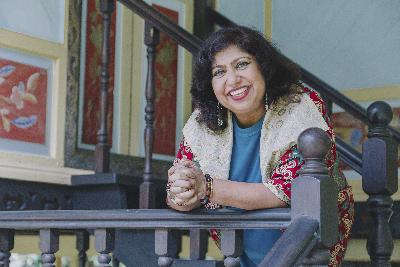
DIPIKA MUKHERJEE (ON LINE)
Writer and Sociolinguist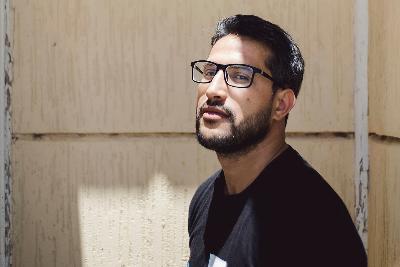
EL KHEYER ZIDANI ((ON LINE)
Scrip writer and Director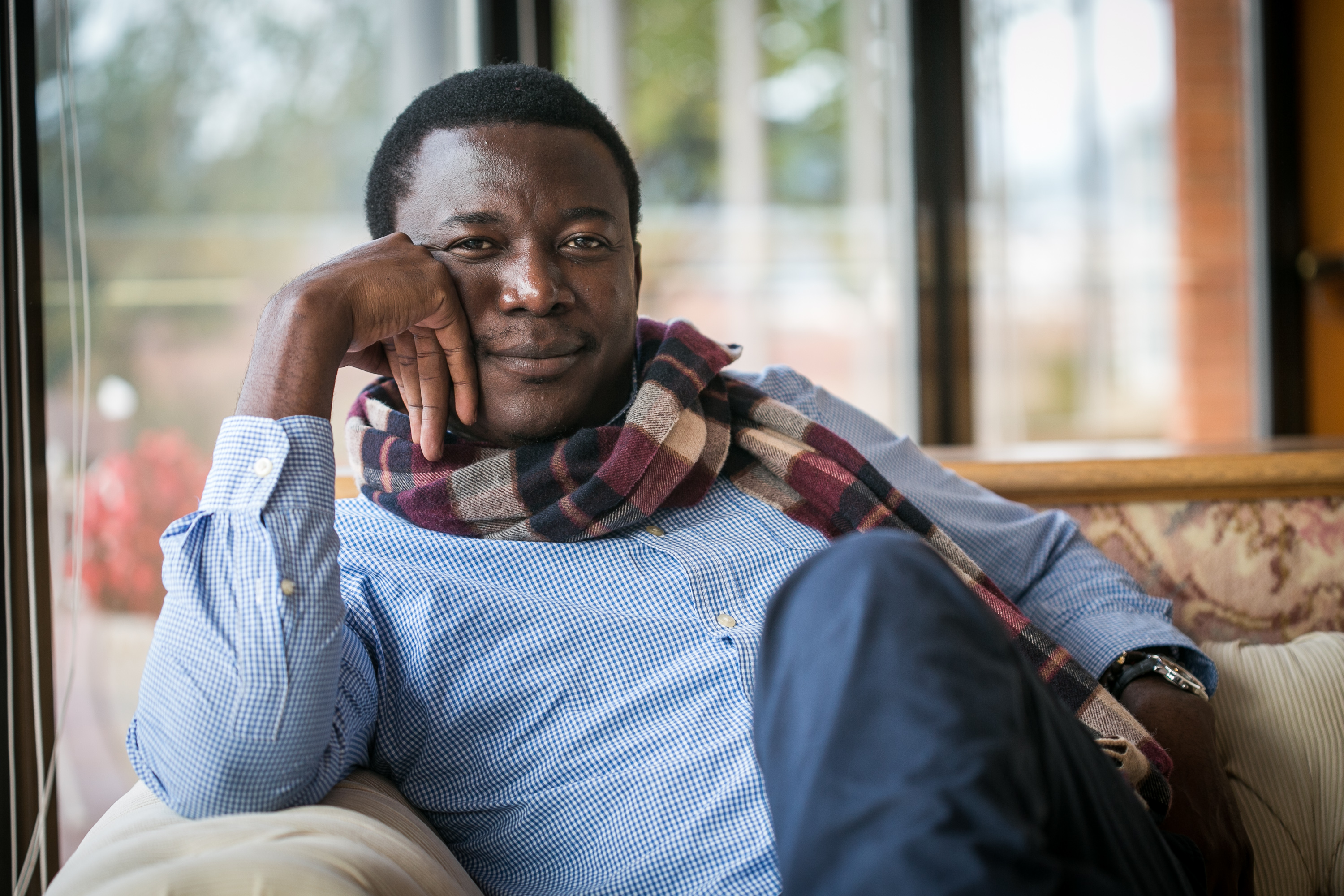
KỌ́LÁ TÚBỌ̀SÚN (ON LINE)
Linguist, creative writer and researcher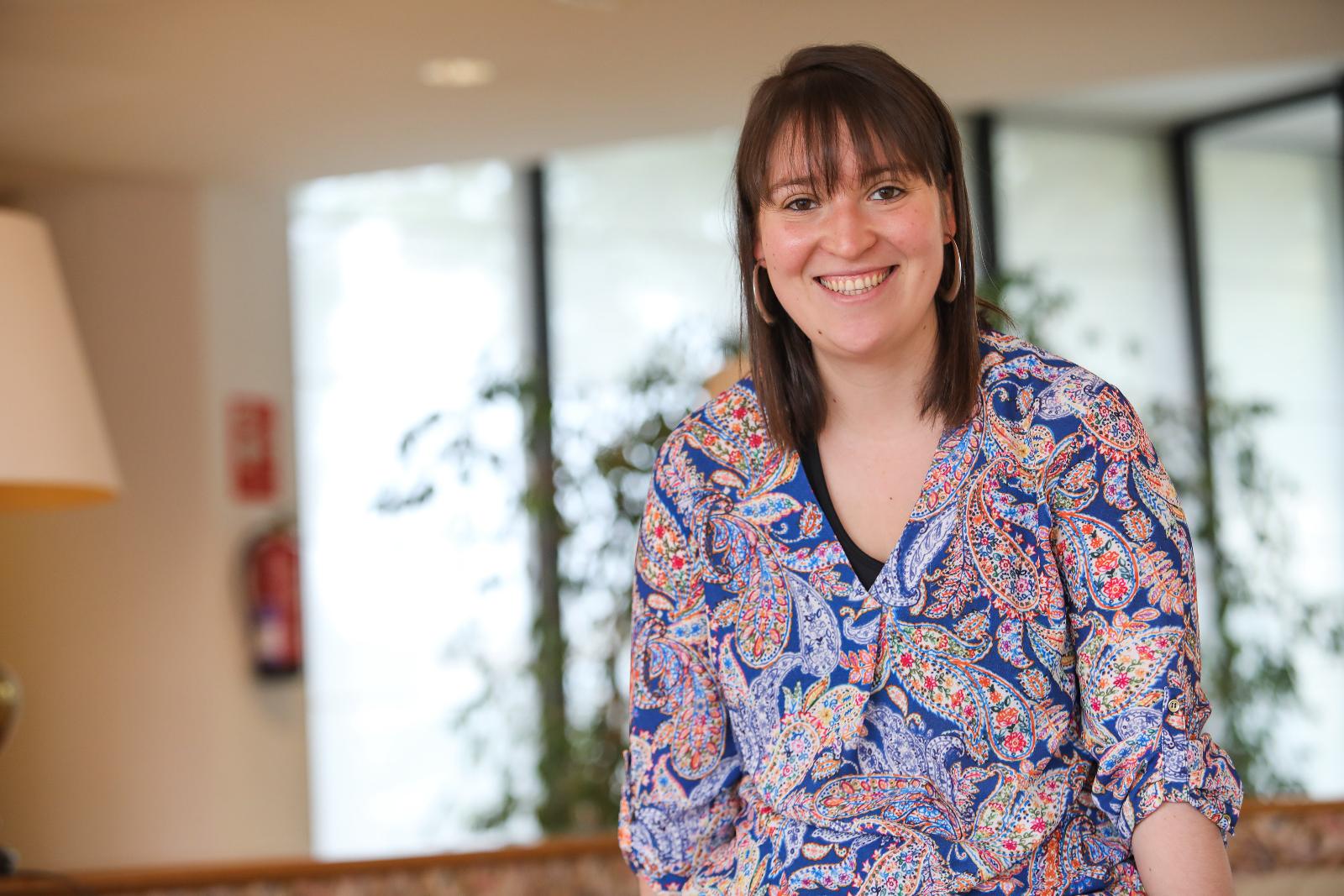
MACARENA DEHNHARDT AMENGUAL
Estudiant de doctorat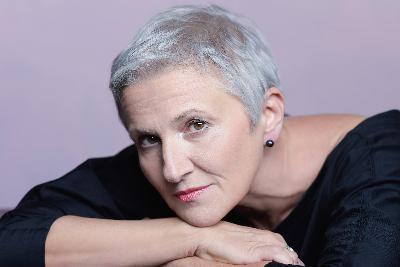
SONIA ANTINORI (ON LINE)
Playwright, theatre actress and director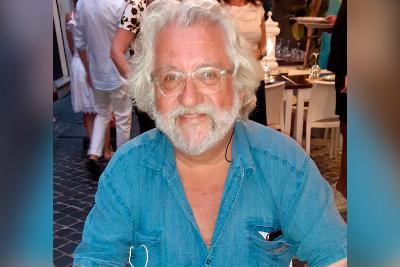
MAURIZIO GNERRE (ON LINE)
Full Professor (retired)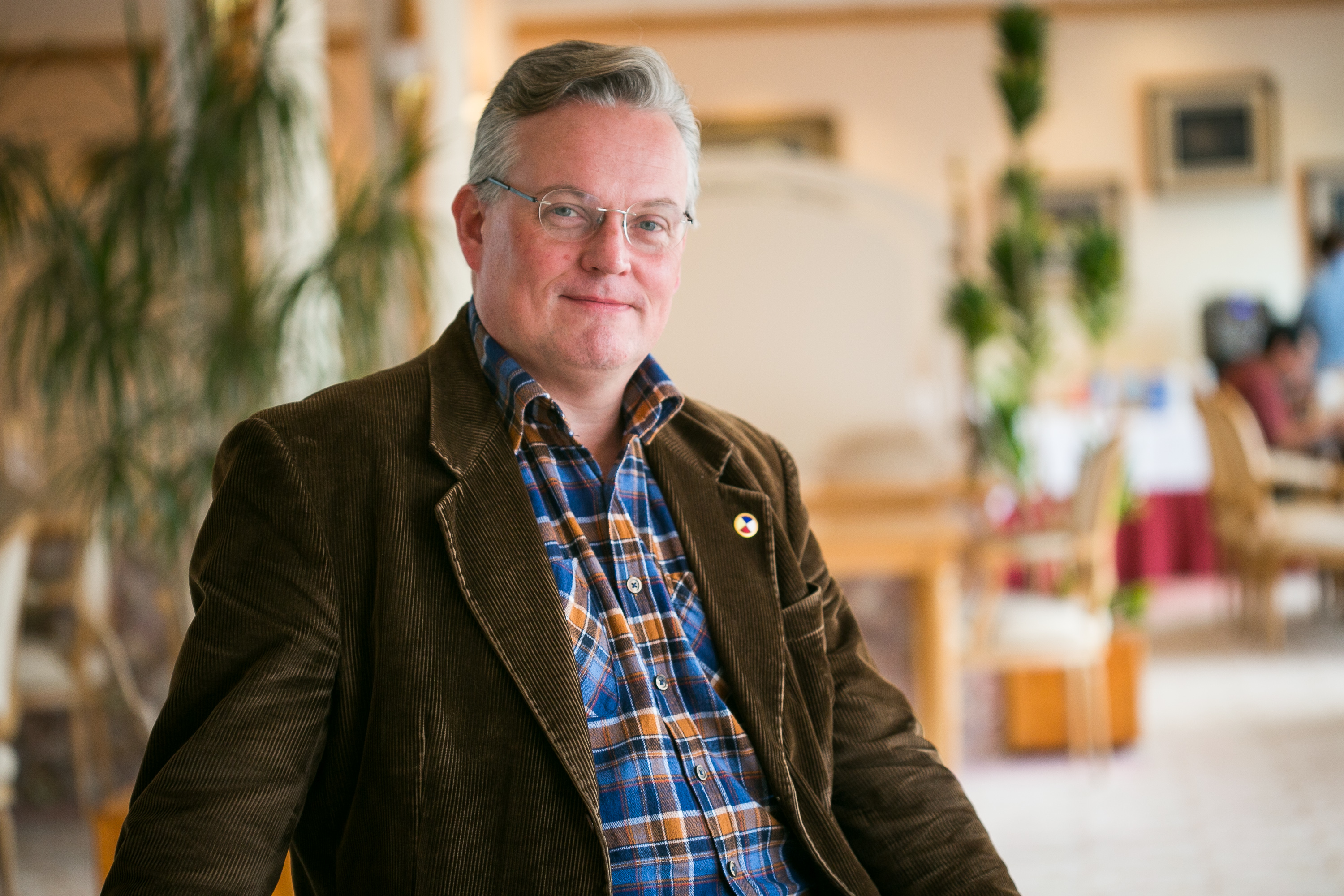
JOHANNES HENDRIK VAN STEENBERGEN (ON LINE)
Translator, interpreter and lecturer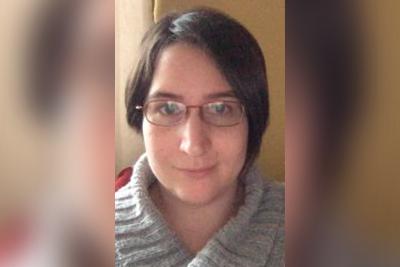
YAEL PELED
Research Associate, Faculty of Medicine, McGill University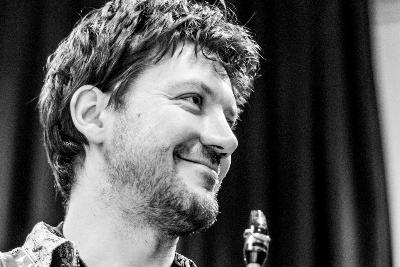
FLAVIO GIACCHERO ( ON LINE)
Etnomusicòleg i músic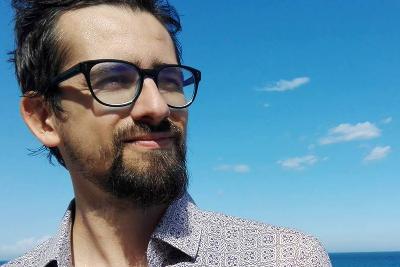
ANDREA FANTINO ( ON LINE)
Documentalista, cineasta, antropòleg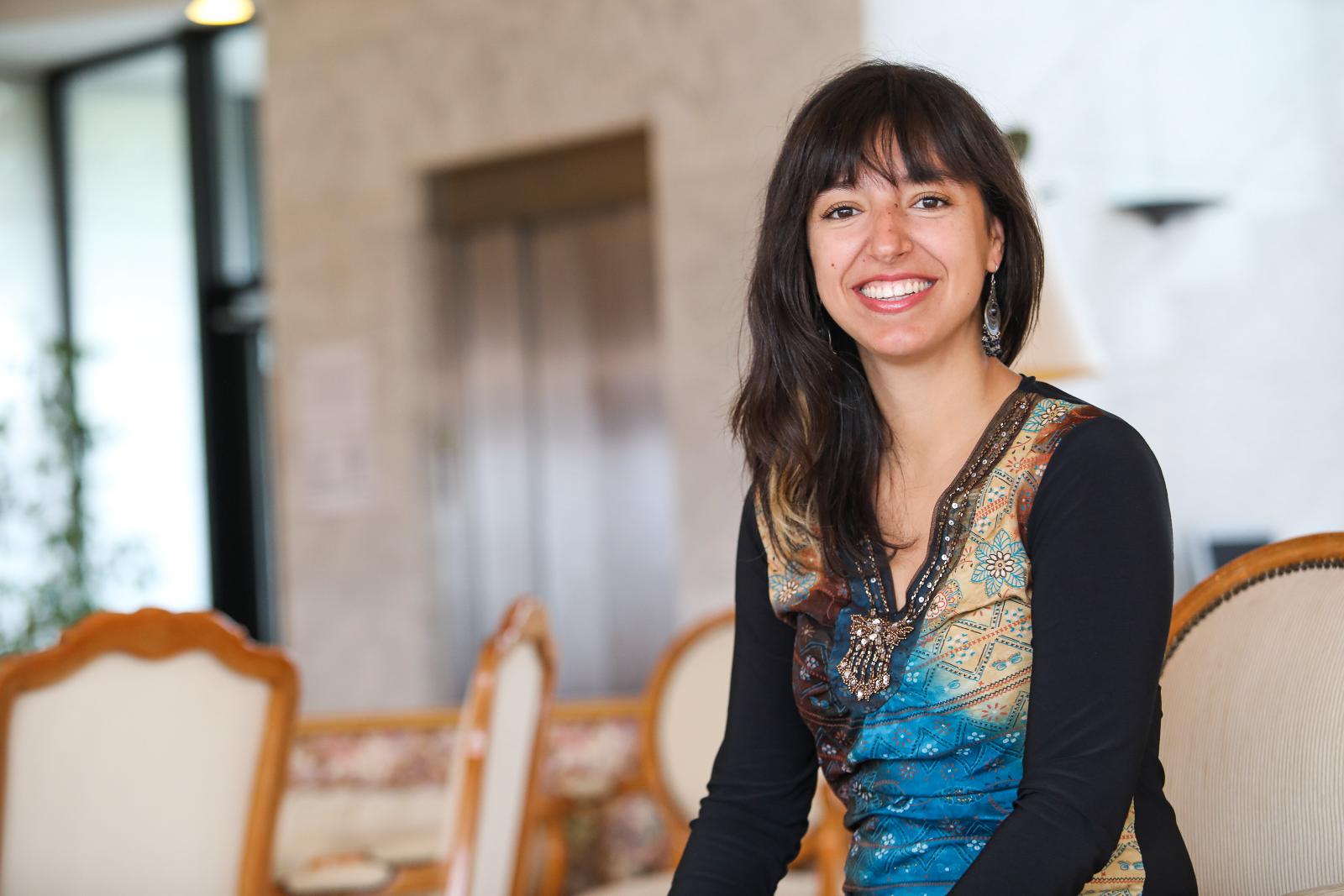
MARIONA MIRET GIRIBET
Language policy officer and minority languages' activistOpinions
What residents are saying about us

Estudiant de doctorat
MACARENA DEHNHARDT AMENGUAL
Face to face and virtual spaces to reflect on linguistic rights Meeting new people dedicated to linguistics is always an enriching experience, especially if we consider there is not enough attention paid to this area. Moreover, when we gather around ...
+ info
Language policy officer and minority languages' activist
MARIONA MIRET GIRIBET
This residency has been my best experience so far in the field of languages. The climate of comfort and beautiful landscape provided by the Faberllull location, hotel and the kindness and confidence of the staff was key to my experience. In Olot I ...
+ info
Sociolinguist, Senior Lecturer at UOC
MAITE PUIGDEVALL SERRALVO
Autumn residency at Faber Llull Dipika, Abhimanyu, Yael, Ammar, Sonia, Jan, Kola, Maurizio, el Kheyer, Mariona, Macarena. My stay at the Faber Llull has the names of the residents of this thematic stay of Linguistic Rights. We should have been ...
+ info
